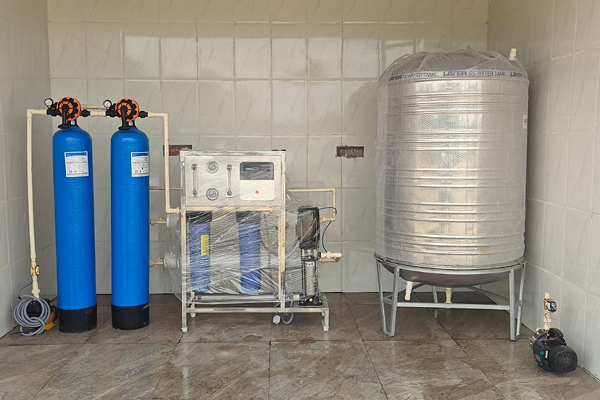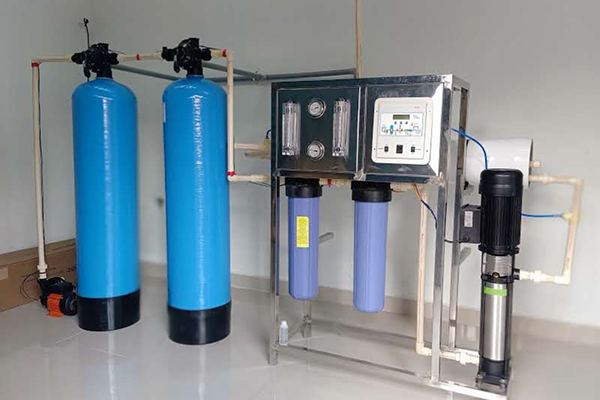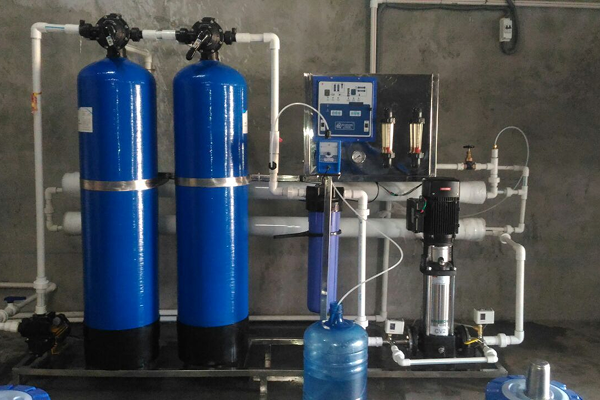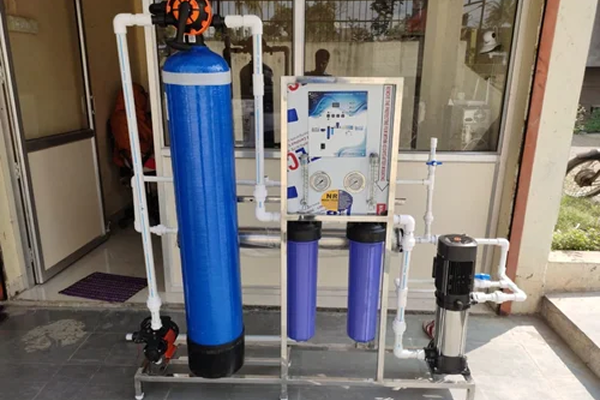Phone Number
+91 9980469761
Help Line
+91 9538872333
Email Address
sales@aquaprotectindia.com
Menu
Menu
Institutions RO Plants
Institutions RO Plants
Reverse Osmosis (RO) plants for institutions like schools, colleges, and universities are specialized water purification systems designed to provide clean, safe drinking water for large populations. These RO plants effectively remove impurities such as dissolved salts, heavy metals, microbes, and other contaminants to ensure water quality that meets health standards for students, staff, and faculty.
Capacity and Design
RO plants for educational institutions typically have capacities ranging from 500 liters per hour to over 2000 liters per hour to cater to large numbers of users. Designs vary from centralized whole-campus RO systems to standalone units in specific departments, hostels, or cafeterias, ensuring constant availability of purified water throughout the campus.
Technology and Filtration Stages
- Pre-filters to remove sediments and large particles
- RO membrane to reject dissolved solids (up to 98-99%)
- Post-filters such as UV or UF to kill pathogens
- Mineral or alkaline addition for improved taste and health benefits
Some advanced plants also include automatic controls for operational efficiency and ease of maintenance.
Benefits
- Removes harmful contaminants including lead, mercury, bacteria, viruses, and other impurities.
- Improves water taste and encourages increased water consumption among students.
- Reduces dependency on bottled water, cutting costs and reducing plastic waste.
- Protects plumbing and water-using equipment from scaling and corrosion.
- Assures regulatory compliance, as many state education departments mandate the installation of safe drinking water systems.
- Provides consistent water quality across multiple campus locations.
Maintenance
Institutional RO plants often come with service contracts [AMC] for regular maintenance, membrane cleaning, and timely filter replacements to ensure uninterrupted water supply and optimal performance
Maintenance
Institutional RO plants for schools and colleges are critical infrastructure investments that provide safe, purified water at scale. Designed for ease of use, reliability, and regulatory compliance, these RO systems ensure the health and hydration of students and staff while supporting sustainability by reducing plastic use and equipment degradation.
Our Institutions RO Plants Products:








